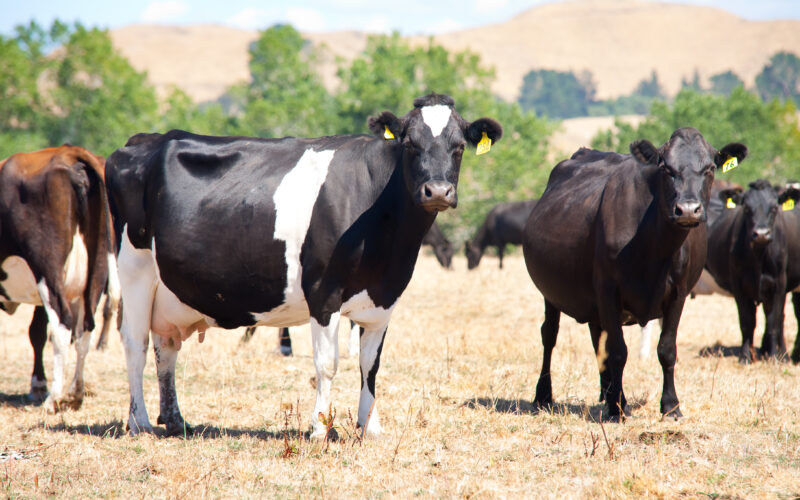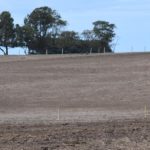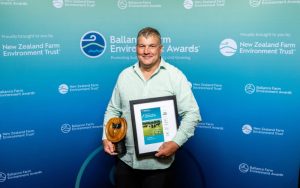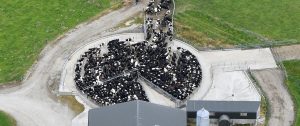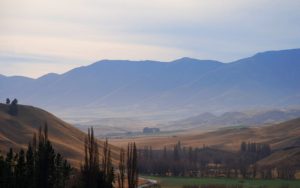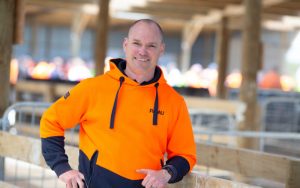
Scientific modelling indicates pasture persistence will decline in parts of the upper North Island as the climate changes.
Poor pasture persistence is an increasing concern for many New Zealand farmers, leading to an investigation into the extent of the problem. DairyBase data shows a growing trend of declining pasture harvest, with about a tonne per hectare per decade in Northland and half a tonne in Waikato over the past twenty years.
DairyNZ-led modelling suggests pasture production and persistence will continue to decline in the future in the Upper North Island. Factoring this into farm system studies highlights the potential for significant impacts across the entire farm system.
This trend is reflected in Stats NZ data, which shows a 2-3% increase in pasture renewal rates across Waikato and Te Tai Tokerau Northland between 2007 and 2017.
And while Northland is currently facing urgency, it is expected that Waikato and Bay of Plenty will soon encounter similar challenges as well.
Pasture is vital to the New Zealand economy. It provides a sustainable, low-cost feed source, underpinning the country’s competitive advantage in global dairy markets. Case studies and data confirm that incremental global warming and changing weather patterns affect feed flow.
Although milk production has remained stable in affected areas, supplementary feed use and cropping and pasture renewal rates have increased, potentially masking the impact of climate on pasture. While these strategies are viable, they can affect farm profitability and the environment.
Increased pasture renewal and cropping also have downsides, including soil structure impacts and loss of nitrogen and carbon.
In a survey of farmers, over half of those interviewed believed the impact of climate change will increase. “We are constantly managing to minimise the effects of wet and dry — it’s very taxing to live on the edge of disaster,” said a Northland dairy farmer.
“I consider myself older, wiser and calmer now, but pasture persistence still gives me anxiety for the future,” a Waikato dairy farmer said. A Kaikohe dairy farmer added, “Pasture starts declining in the second year, and by the third or fourth year, it’s almost over.”
Farmers are already adapting — trialling different pasture species, adjusting management practices and testing new approaches. Through the Improved Forage Gains programme, DairyNZ is working with farmers and industry partners to refine strategies that can be applied across different regions.
Looking beyond New Zealand, we’re also exploring international solutions from farmers facing similar climate challenges. Their experiences could offer insights into what works – and what doesn’t – as we prepare for a future where today’s challenges may become the norm.
Pasture persistence is a complex issue, but ongoing research, innovation and farmer-led adaptation will be key to keeping New Zealand’s pasture-based farming system resilient and competitive. We’ll continue to share updates as our work progresses.
Contributor: Elena Minnee, DairyNZ senior scientist
You can now read the most important #news on #eDairyNews #Whatsapp channels!!!
🇺🇸 eDairy News INGLÊS: https://whatsapp.com/channel/0029VaKsjzGDTkJyIN6hcP1K
